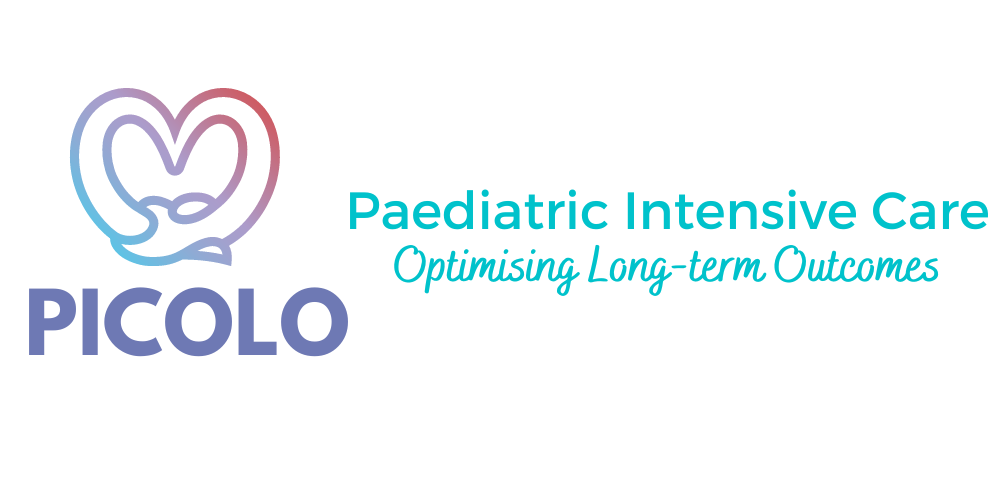How common is PICS-p and what should you be aware of?
It is difficult to know how many children will experience problems with physical, social, emotional and cognitive health after PICU.
PICU patients are all different – patients range in age from infants to adolescents, some children have a one-off injury, others have complex, long-term health challenges.
Some children experience difficulties in these areas before they are admitted to PICU.
Researchers suggest that 30% of children might show some new difficulties after being admitted to PICU. It is important to note that some of these problems are common and normal after a medical trauma and might go away on their own in a couple of weeks. If they persist and are having a large impact on your child, however, it is important to notice seek help.
Children might show physical, emotional, cognitive and/or social problems after leaving PICU. These could include:
Headaches and pain
Sleep problems
Issues with muscle tone, weakness and coordination
Tiredness (fatigue)
Behavioural problems or changes
Medical fears
Anxiety and distress
Depression
Lower self-esteem
Changes in friendships
Difficulty concentrating or paying attention
Trouble remembering things
Trouble settling back into school
These problems have been seen in children of all ages, including young children under the age of 6 years. However, due to developmental differences, young children might express anxiety, distress, depression, behavioural changes, medical fears, concentration and attentional difficulties different than older children. For example, young children might:
Act more clingy, whingy, and fussy
Act irritable, seek attention or act aggressive
Have intense temper tantrums
Have increased nightmares (may not remember what the nightmares are about and/or nightmares might appear unrelated to being in PICU)
Develop new fears (e.g. monsters, animals, the dark)
Act younger, or stop doing things they used to be able to do (e.g. wet their pants; say fewer words, more dependent on caregivers)
Complain of stomach aches or headaches
Act out their experiences or fears in play (with dolls, teddies and/or other children)
Talk about hospital or PICU a lot



